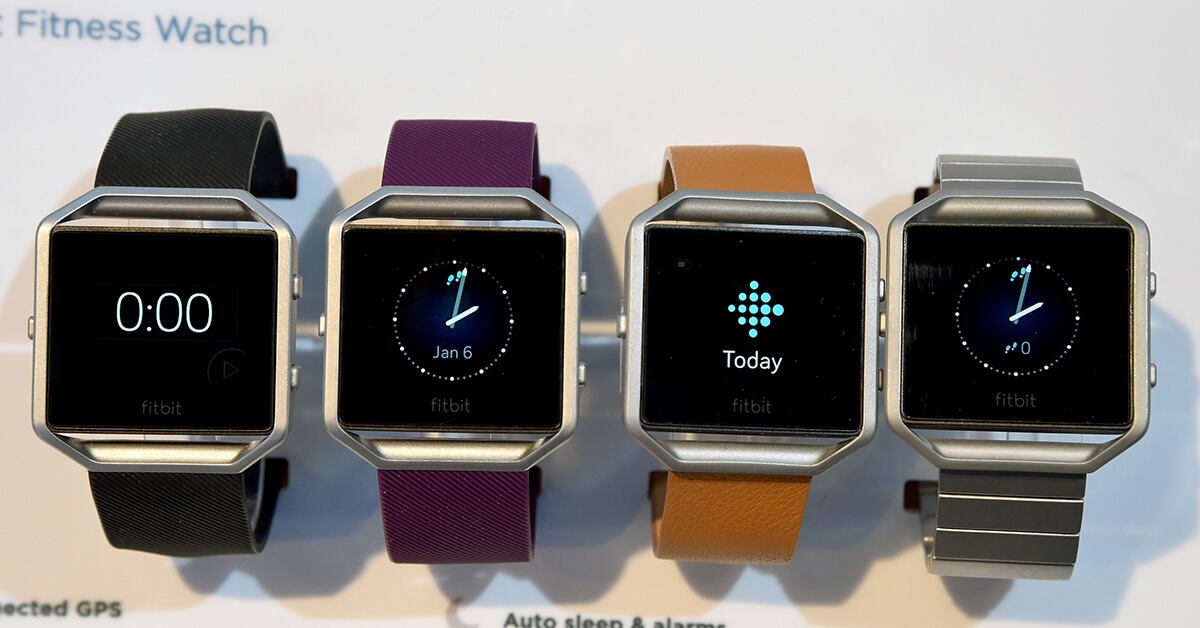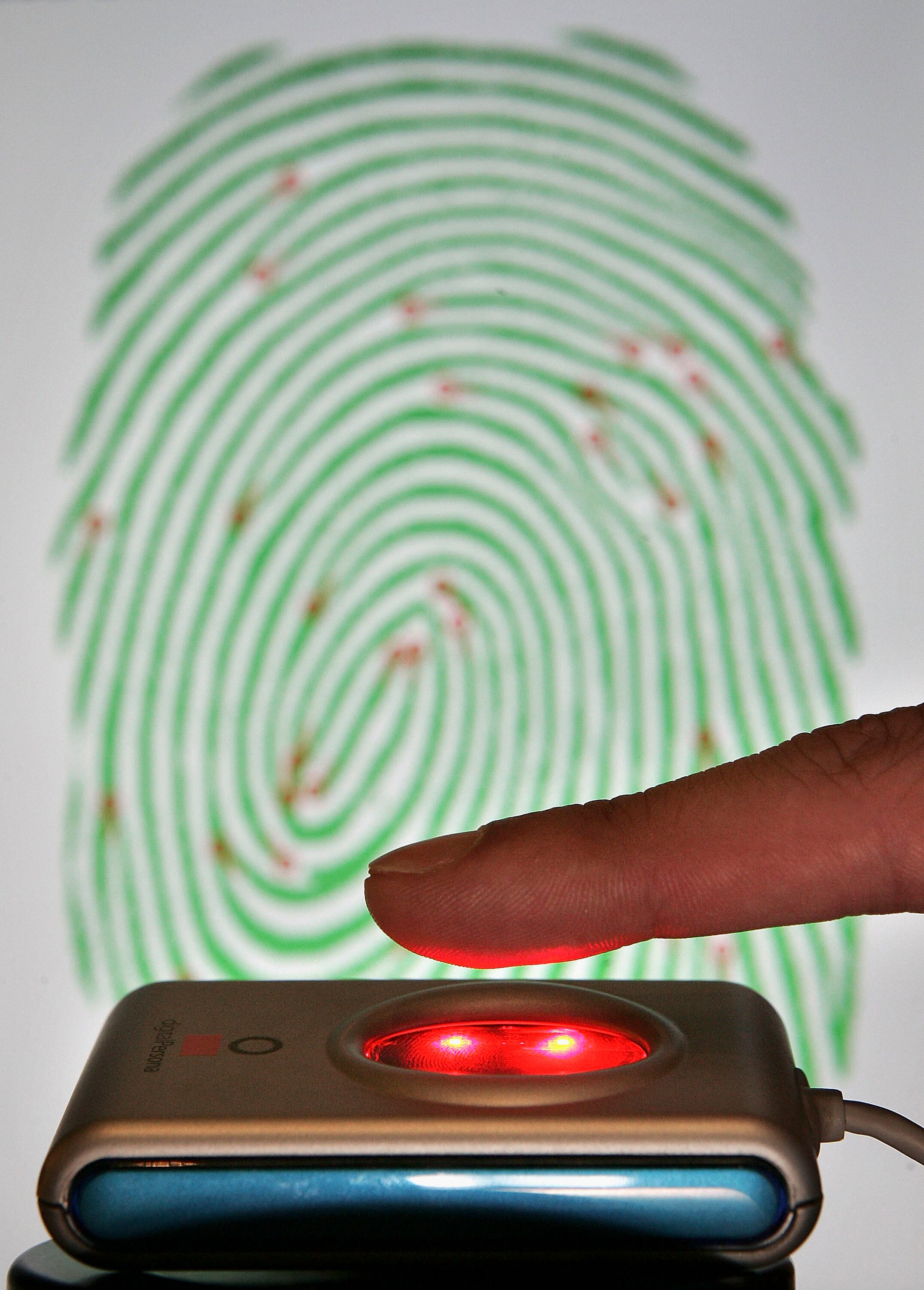The more personal data people voluntarily broadcast on the internet, the easier it becomes to track and analyze it. That’s the premise behind a line of research of interest to U.S. Special Operations Command.
Biometric data ― like fingerprints, voice recordings or even selfies ― could be the next frontier in intelligence, surveillance and reconnaissance, according to “Special Operations Research Topics 2020,” released in August by the Joint Special Operations University Press at MacDill Air Force Base, Florida.
“The opportunity for obtaining, analyzing and utilizing information voluntarily disseminated in the public domain is improving as people’s lives become increasingly intertwined with digital devices,” according to the guide, which presents about 40 topics the organization would like to look into.
The topics are meant to inspire students, fellows and faculty members at JSOU in their professional military education, according to a SOCOM spokeswoman.
“Topics are collaboratively created each year based on input from members in the U.S. Special Operations community along with representatives from select academic organizations,” Maj. Jennifer Bocanegra told Military Times. “While the topics are selected based on their relevance to the U.S. Special Operations Commander’s priorities, they do not reflect the views, policy or position of U.S. Special Operations Command.”
In addition to biometric data, according to the booklet, the myriad information people share about their interests and daily lives online could leave them open to profiling, either because of what they share publicly or because those troves of data could be attractive to hackers.
But for military intelligence purposes, specifically within special operations, online activity could present a new kind of ISR.
“For example, to what extent can social media analysis provide verifiable and reliable data for measuring preferences and attitudes at the operational to strategic levels?” researchers are asking. “What are the weaknesses inherent with relying on social media as an indicator?”
And beyond profiling, could SOF intelligence use what people post online to track trends in sentiment, whether that means effectiveness of psychological operations campaigns or other on-the-ground operations?
“What can the Internet of Things provide in terms of sensing patterns, trends, concerns, and potential crises? What are its limitations? How might artificial intelligence and machine learning be leveraged in the performance of ISR in this way?”
That kind of data collection is being done by other organizations already, from companies going directly to Facebook to create targeted ads and gather information on the people who see them, to commercially available software that mines social media profiles and posts.
The private sector is far ahead of military intelligence in that space, according to the founder of an artificial intelligence company that specializes in data analytics.
"SOCOM needs a deliberate effort to close the gap between military technology in this arena and what is already available widely in the commercial business intelligence field,” Army Reserve Brig. Gen. Rob Guidry, the CEO of SC2 Corp., told Military Times.
The challenge for SOCOM could be its status as a government entity, as companies like Facebook have strict rules about sharing their data with law enforcement and other public organizations.
RELATED

Exploitation of online information sharing has been a concern, if not a tactic, of the Defense Department’s in recent years.
Troops’ digital footprints caused then-Defense Secretary James Mattis to intervene in 2018, after reports that fitness tracking apps could not only expose service members themselves, but provide sensitive information about the places they were doing their morning PT.
“Annual training for all DoD personnel recommends limiting public profiles on the internet, including personal social media accounts,” Maj. Audricia Harris, then a Pentagon spokeswoman, said in 2018. “Furthermore, operational security requirements provide further guidance for military personnel supporting operations around the world. Recent data releases emphasize the need for situational awareness when members of the military share personal information.”
Following a review, Mattis banned the use of Fitbits and other tracking apps for deployed troops.
Meghann Myers is the Pentagon bureau chief at Military Times. She covers operations, policy, personnel, leadership and other issues affecting service members.





